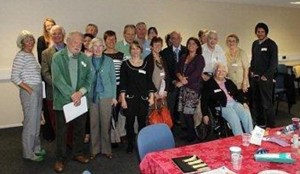
We all have a role to play in developing a dementia friendly society and the Bournemouth University Dementia Institute (BUDI) did exactly that by hosting their second Carers Forum. There are now 800,000 people with dementia in the UK and there are an estimated 670,000 family and friends acting as primary carers. Many people living with dementia and their careers are still not living well with the condition, and their quality of life remains extremely varied.
The BUDI annual carers forum was held in September and built on the success of last year’s event. Carers of people with dementia need access to quality services that will give them the information, advice, support, and care as and when they need it. This can range from help with future planning and financial advice, to moving into a residential home and receiving care with everyday tasks, and end of life care. The forum provides an environment for carers from across Dorset to come together and share their experiences, exchange knowledge, ask questions and gain support regarding these issues.
The theme of this year’s forum was to explore if the experiences of carers has changed in the last twelve months, with the aim of finding out what they feel the key issues are in terms of dementia services locally; and to gather their views about future work that BUDI should prioritise under our remit of research, service evaluation, consultancy and education.
We had return forum members who attended last year and also carers who participated for the first time. After a cup of tea and cake (or fruit for those of us trying to be healthy) the day kicked off with an introduction by Professor Anthea Innes who provided an overview of what carers highlighted as their key priorities at last years forum and how BUDI has responded to this:
Priority One: A directory of services, support and sources of information for people with dementia and their carers
Action: The free ‘Living well with memory loss and dementia in Dorset’ booklet has been produced by NHS Dorset Commissioning Group and Dorset HealthCare. A copy was given to carers who attended the forum.
Priority Two: Information guide for carers which provides support and resources
Action: To develop a carers support resource pack. The development of the pack started in October 2013 following successful fund raising by the BU fund raising team.
Priority Three: Carers wanted to know what action is being taken in Dorset regarding the Health Services (i.e. GPs), diagnosis and subsequent support / services offered.
Action: Sarah Howard (Primary Care Dementia Facilitator) was a guest speaker at this year’s Carers Forum. Sarah addressed the issues in Dorset and what action is being taken.
Carers were then asked to form three breakout groups, each being faciliated by a member of BUDI staff. The groups provided a platform for carers to discuss their experiences over the last 12 months, what their key concerns are, and what they would like to see BUDI do to address their concerns in the future. The groups offered a chance to discuss topics in more depth and to ensure everyone had the opportunity to contribute. Feedback from the groups highlighted that experiences were very individual with some carers having a very positive journey through receiving lots of information and support, whilst other journeys were not so good. However, the majority of carers recognised that an improvement in services and support was noticeable in the last twelve months.
There were lots of examples of difficulties encountered after receiving a diagnosis:
- a lack of sign posting to access help and support, especially from the GP
- a lack of understanding by the Police when a person with dementia goes missing
- a lack of knowledge about legal processes and guidance, which includes power of attorney and care planning for the later stages of a person’s dementia journey
- a lack of support to assist with revoking a driving licence from a person with dementia
- a lack of dementia friendly environments which includes appropriate sign posting to toilets, contrasting bright colours etc.
- a lack of awareness about the needs of those living with dementia by organisations / people who deal with the general public when a person with dementia uses their services
- a lack of clear guidelines for means-testing
- a lack of understanding about the most positive way to communicate with someone who has dementia
- a lack of understanding from hospitals regarding appointment time duration for carers needing to get back home to a person living with dementia.
When we asked carers what they thought BUDI should be focusing our work on, the top three ideas to develop are:
- providing easy-to-understand information for carers about legal processes and guidance
- developing dementia friendly environments and staff awareness
- improving the journey of people with dementia and their carers when they access their GP and hospital services
We knew from previous experience of working with carers that it was important to have a space for their relative with dementia to also be able to attend. Four carers brought their relative with them and BUDI and BU colleagues with experience in working directly with people with dementia offered a range of activities, as well as the opportunity to share their experiences and thoughts about memory loss and what they felt was important about living with dementia; the discussion highlighted the importance of family and being able to talk to peers – the space we had created during our carers forum offered the opportunity to have this peer discussion.
The activities that we offered that were most popular with those with dementia were the cupcake decorating and the Nintendo WII and the Apple iPad. Technology is often rarely offered to people with dementia based on negative expectations of the ability of people with dementia to be able to learn new skills and to engage with gaming technologies however it provided some of the people with dementia the opportunity to get in some additional practice before their next Technology club session that we are in the process of setting up thanks to more funding from Bournemouth Borough Council.
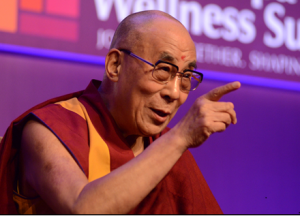 What a defining moment it was to be addressed by the Dalai Lama, winner of the Nobel Peace Prize and one of the world’s most popular spiritual leaders. The occasion was The Global Spa and Wellness Summit (GSWS) in New Delhi, where for the first time world-renowned tourism experts got together to discuss, define, and shape, the best strategies to grow, this new and emerging tourism sector.
What a defining moment it was to be addressed by the Dalai Lama, winner of the Nobel Peace Prize and one of the world’s most popular spiritual leaders. The occasion was The Global Spa and Wellness Summit (GSWS) in New Delhi, where for the first time world-renowned tourism experts got together to discuss, define, and shape, the best strategies to grow, this new and emerging tourism sector.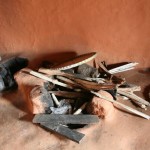
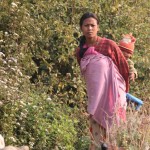
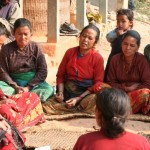
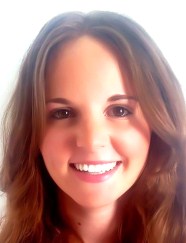
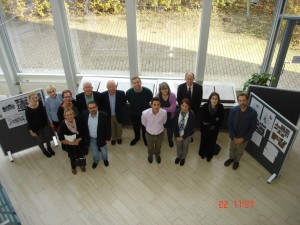
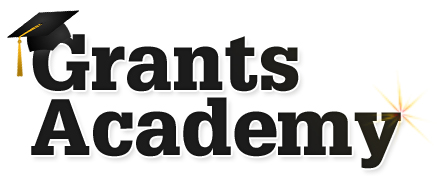




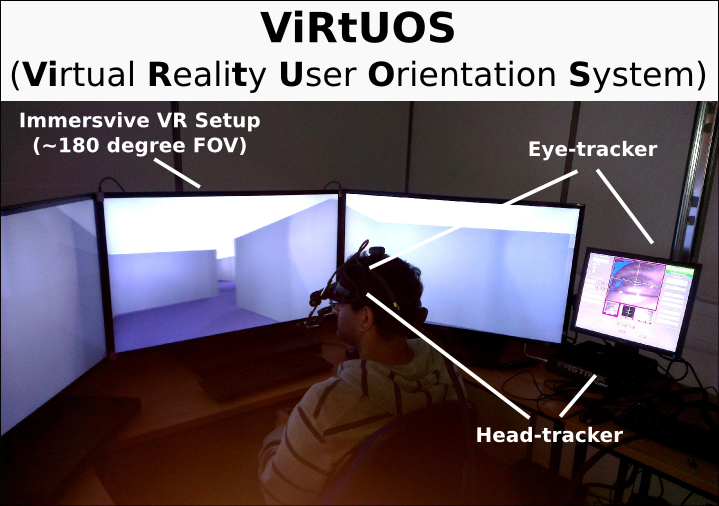



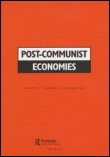




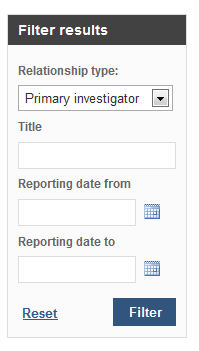











 REF Code of Practice consultation is open!
REF Code of Practice consultation is open! BU Leads AI-Driven Work Package in EU Horizon SUSHEAS Project
BU Leads AI-Driven Work Package in EU Horizon SUSHEAS Project Evidence Synthesis Centre open at Kathmandu University
Evidence Synthesis Centre open at Kathmandu University Expand Your Impact: Collaboration and Networking Workshops for Researchers
Expand Your Impact: Collaboration and Networking Workshops for Researchers ECR Funding Open Call: Research Culture & Community Grant – Apply now
ECR Funding Open Call: Research Culture & Community Grant – Apply now ECR Funding Open Call: Research Culture & Community Grant – Application Deadline Friday 12 December
ECR Funding Open Call: Research Culture & Community Grant – Application Deadline Friday 12 December MSCA Postdoctoral Fellowships 2025 Call
MSCA Postdoctoral Fellowships 2025 Call ERC Advanced Grant 2025 Webinar
ERC Advanced Grant 2025 Webinar Update on UKRO services
Update on UKRO services European research project exploring use of ‘virtual twins’ to better manage metabolic associated fatty liver disease
European research project exploring use of ‘virtual twins’ to better manage metabolic associated fatty liver disease